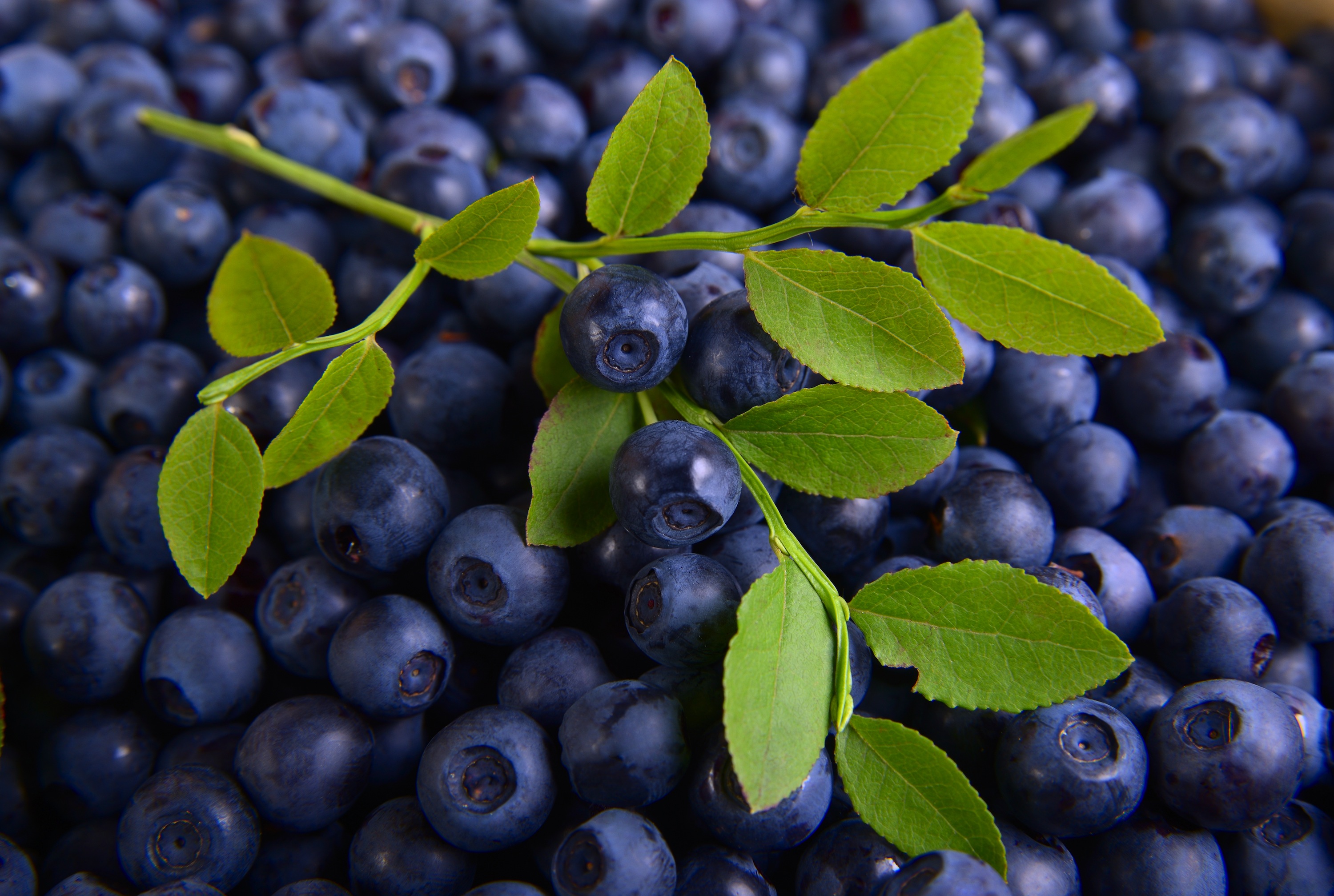Argentine blueberries: High hopes for season as Chinese buyers visit
Argentine blueberry producers and Chinese importers looked to strengthen their relationship in meeting in Tucumán.
Kingberry, Earlycrop, Hortifrut Expofresh and Futucuman recently met with Chinese buyers Altaifresh limited, Shanghai Mirong Fruit Co. ltd. and Grupo Freshport, according to Tucumán’s government website,
The meeting’s purpose was to establish commercial relations between the two countries. Tucumán Blueberry Growers’ (Apratuc) president Francisco Estrada told PortalFrutícola.com: “We see a big interest in our fruit. This is especially because it is found to be a product of a good size and with great flavor”.
Estrada added that “many companies stay in contact to create air-freight exports and to later plan sea-freight exports in order to enter the market with a competitive price”.
The group also visited the farms to see packaging machinery to see if better technology can be put into place.
According to the representative from IDEP, Shanghai Mirong Fruit Co. will be closing deals with companies in Tucumán.
Tucumán sent its first export of five pallets to China in late September.
Blueberry season and market trends in Argentina
Blueberry producers in Argentina are feeling positive a month into their season.
Argentinean Blueberry Committee (ABC) manager Carla Ginobili told PortalFrutícola.com that the blueberry season began well. She also mentioned that the favorable weather conditions mean that the season is following historical standards.
Ginobili affirmed that “it was really warm in both Tucumán and Concordia and because of that, there will be a higher volume.”
According to estimates, producers expect that quantities will be similar to last year’s. Therefore, there should be between 14,000 and 15,000 metric tons (MT) produced.
“Argentina is looking to position itself as being known for its quality rather than quantity. Because of that, producers proactively pruned in order to export fruit of the highest quality,” detailed Ginobili.
Similarly, Argentine producers hope to increase the percentage of fruit sent by sea freight. “Last year the percentage went as high as 30% and this year we are hoping to achieve 40%”.
Finally, Ginobili added that there is a high level of varietal reconversion, especially on the earlier cultivars.
“If we are not planting new hectares, we are changing the high-density scheme with one which looks to create a greater volume with the same amount of surface area”, said the ABC manager. Further, she expected organic volumes would grow by 20% this season.
With the current market values, Ginobili confirmed that the prices will be lower than the previous year.
The importance of quality of Argentine blueberries
Ginobili represented Argentina at a recent meeting of the United States Highbush Blueberry Council (USHBC) earlier this month. There, industry leaders discussed market trends.
“The market is changing. There is a lot of competition. I think that flavor is becoming something valuable. There is clearly going to be a question of quality and as a result, Argentina is focused on that,” said Ginobili.
The council also discussed the topic of social responsibility. “Argentina is at the forefront of this field because our laws [such as higene] are of high standards,” she added.
She commented that from the beginning, exporters are required to have certificates of good agricultural practices. The majority of exporters have certifications from Global GAP, GRASP, SMETA and FAIR TRADE.
18/10/2019








